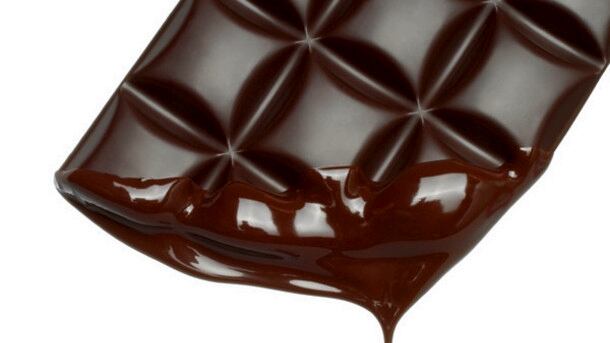Speaking at a conference in Delhi, the food processing minister said said her finance counterpart had agreed to keep foods in the lowest rate band: “I am happy that the GST rate [on food items] has been kept within the 5% range. Lots of things will be cheaper. Food items are definitely not going to be expensive.”
Four bands have been set, from 5% to 28%, while some staples have been exempted entirely, including milk, cereals and meat.
Processed food items will attract a 5% tax under GST—a drop from the current 15% rate. Also under this band, albeit from a current rate of 3-4%, tea, coffee and masala are expected to become more expensive.
Restaurant bills will be cheaper, with their levy dropping from a current 22% to an 18% band.
At the other end of the scale, sweetened beverages will attract the 28% GST bracket, along with an additional 12% sin tax. This has prompted manufacturers to plan price increases of 5-10% at a time when some international players are operating at under 40% capacity.
Having faced double-digit tax rises over the last three years to 32%, and more recently product boycotts in southern states, the likes of Coca-Cola and PepsiCo are also being troubled by competition from small regional brands that sell their drinks cheaper by 15-30%.
According to Euromonitor, their combined share has fallen by three percentage points from 2014-16 to 55.7% cent in a market that has grown from INR446bn (US$6.9bn) crore to INR60.3bn, and continues to rise at a healthy 9.7% per year.
A statement issued by Indian Beverage Association on behalf of the two drinks and snacks giants said the companies were “extremely disappointed”, and that the move would have a “negative ripple effect” on bottlers, retailers and distributors.
“The effective tax rate of 40% on these products under the GST regime is against the stated policy of maintaining parity with the existing weighted average tax which is significantly below 40%,” the IBA said.
The association also expressed its hope for the government to reconsider the levy and set a lower rate for non-sugar sweetened drinks, nutrition beverages and carbonated drinks that contain fruit juice.
“[Otherwise] this increase in tax will further limit the growth of the beverage industry,” it added.
More from South Asia…
Chocolate to fall under FSSAI standards from 2018
Chocolate manufacturers will have to fall in line with the constraints of food safety and standards regulations after India’s health ministry placed all types of chocolate under the regulator’s purview.

The regulations, which come into effect on January 1, 2018, set the percentage of cocoa and sugar allowed in various kinds of chocolates. They also lay down the minimum percentage of cocoa solids, milk fat, milk solids and acid insoluble ash in different varieties of chocolates.
Dark chocolate will be required to contain no less than 35% cocoa solids, including not less than 18% cocoa butter and 14% fat-free cocoa solids.
Pralines should be a single mouthful in size and have not less than 25% chocolate component in terms of weight.
Edible salts, spices and condiments, and vitamins and minerals will be among permitted ancillary ingredients, as are emulsifying and stabilising agents, and sequestering and buffering agents.
Manufacturers will be required to specify on labels the presence of vegetable fat in addition to cocoa butter. All varieties are required to have contain chocolate at at least 25% of total weight.
